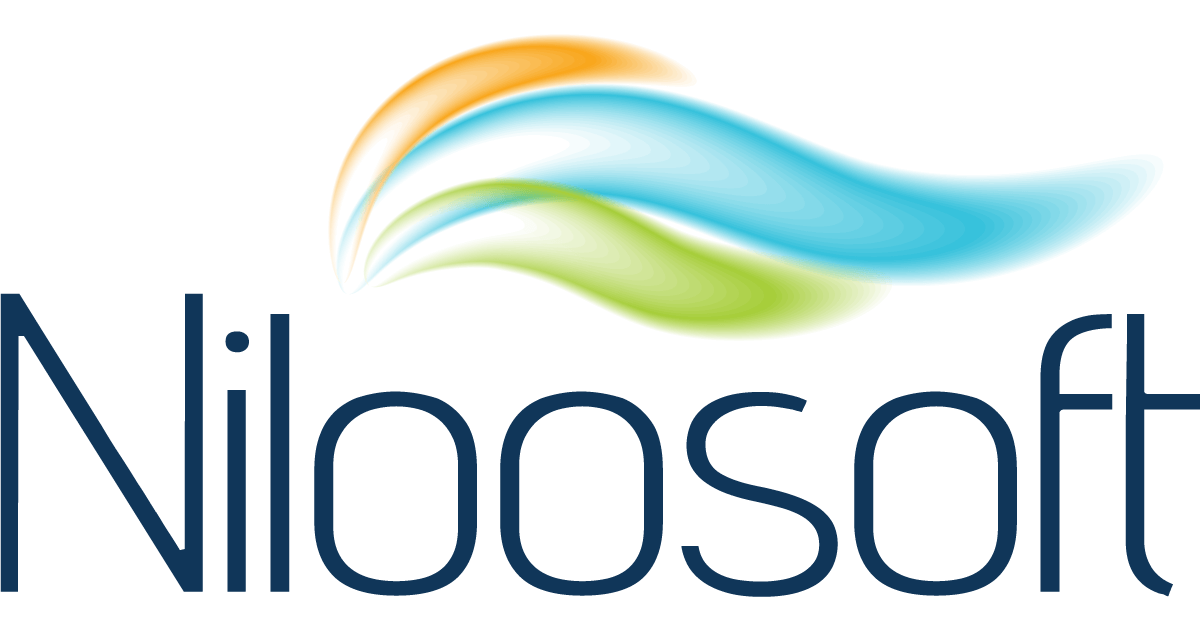Artificial Intelligence, more popularly referred to as “AI,” is the hot new buzzword in many sectors of technology. Of course, it’s important to understand, however, that while the term AI is being liberally applied right now, what technology is now available for commercial use is not truly artificial intelligence. The current AI is not self-aware, nor does it truly understand anything. It’s only a more advanced algorithmic technology that is able to scrutinize or “scrape” vast amounts of information, find patterns according to the parameters it is given, and then produce results based on those patterns.
So, for example, while an AI chat program can simulate having a conversation with a person, it doesn’t actually understand any of what it is saying. It is merely reproducing results that, based on pattern recognition, carry the highest probability of meeting the parameters it has been given.
With that understanding in mind, it’s easy to see that AI, while being a powerful tool, must be judiciously applied to get the best results. In the same way that a saw is an excellent tool unless you want to hammer something, proper applications must be found to use recruitment with AI tools effectively.
Here are some of the pros and cons that come from recruitment with AI.
Pro: Increase Efficiency
Perhaps one of the most obvious benefits that comes from a process of recruitment with AI is that, given the proper application of the technology, there is a significant reduction in time consumption. Given the right tasks, such as searching for and evaluating resumes for key metrics, the pattern recognition capabilities of AI algorithms can process vast amounts of information much faster than a human.
So, while a human could evaluate and organize dozens of resumes in an hour based on management needs, AI, given the same parameters, could process hundreds in minutes or even seconds.
Pro: No Bias
Unfortunately, sometimes, people can bring their own inherent biases into a decision-making process that can result in viable candidates being discarded for nonviable reasons. However, recruitment with AI tools ensures that provided only relevant parameters are used, the algorithms can arrive at objective, unbiased sorting and prioritization of candidates.
This type of mass recruitment software ensures that prospective employees are made available based strictly on their merits and no other irrelevant metrics, such as ethnicity, gender, or religious affiliation.
Pro: Analytics
Because mass recruitment software interacts with digital data, you now have access to that data. The data itself can be used for both regular analytics and predictive analytics. Because predictive analytics is one of the primary strengths of AI, extrapolating future results and conclusions through recruitment with AI can result in valuable insights and data, provided you take the right analytical approach with what you’ve got.
Con: Bias
While no bias on the part of AI is an inherent benefit, it is also possible to introduce bias into such a system and have it make decisions and search for patterns based on those biases. Management must exercise care in overseeing what kind of parameters are given to mass recruitment software, as it may be possible for others to introduce biases where there previously were none.
Should this happen, previously objective results will be significantly skewed. This can severely impact the available number of qualified personnel the software recommends.
Con: Privacy Violations
Once again, it is important to remember that the current “AI” is not true AI and doesn’t actually understand the data it is looking at. This means that while AI can be a powerful tool for evaluating huge sets of data, it doesn’t know or care whether that data is appropriate, public, or private, regardless of how it is designated.
Without proper oversight, AI may sometimes inappropriately retrieve and use private data and information. It will never know that this is wrong, which is why oversight is so important.
Con: System Exploits
In the early days of search engines, some people online learned to game the system by understanding how early, simpler algorithms worked. So, for example, if early search algorithms gave more weight to an important word appearing numerous times, people would cut and paste that word hundreds of times to divert searches to their website. In the same way, it’s the early days of AI recruitment, and other people are using AI.
This means AI can be used to exploit AI and drive results to destinations that are otherwise less relevant to a recruiter than the employees who don’t do this.
Let Us Help You
Niloosoft has a broad and all-encompassing mass recruitment software designed to address a spectrum of employment needs and is scalable to the size of your business. We also offer a suite of recruitment software that gives many tools for adding more functionality and efficiency to a range of different hiring aspects. Just tell us what you need, and we can optimize the right configuration for your recruitment efforts.


